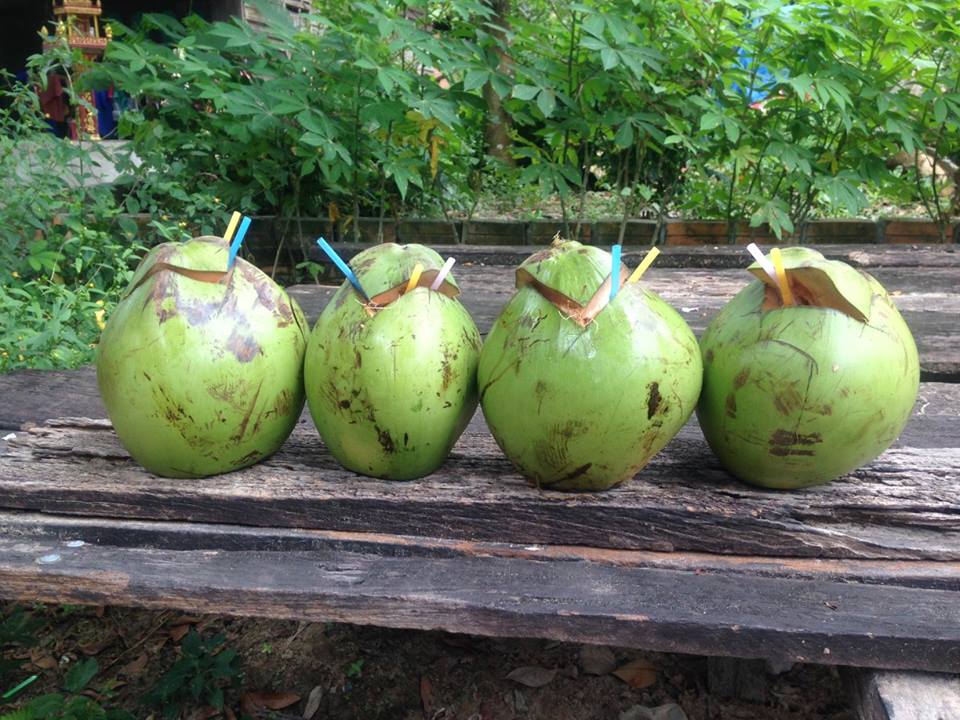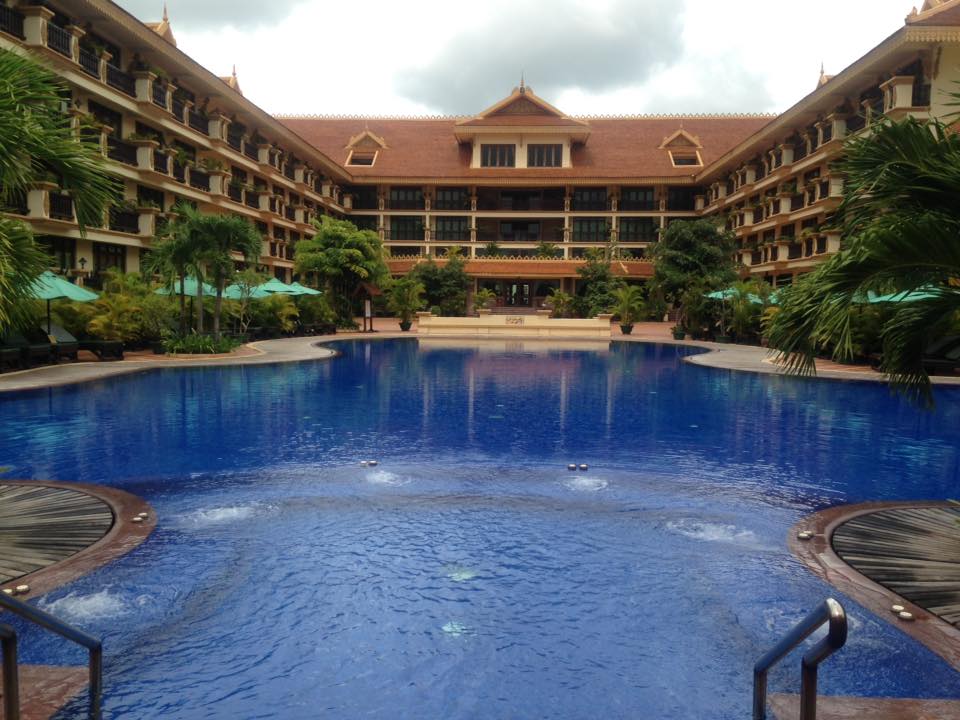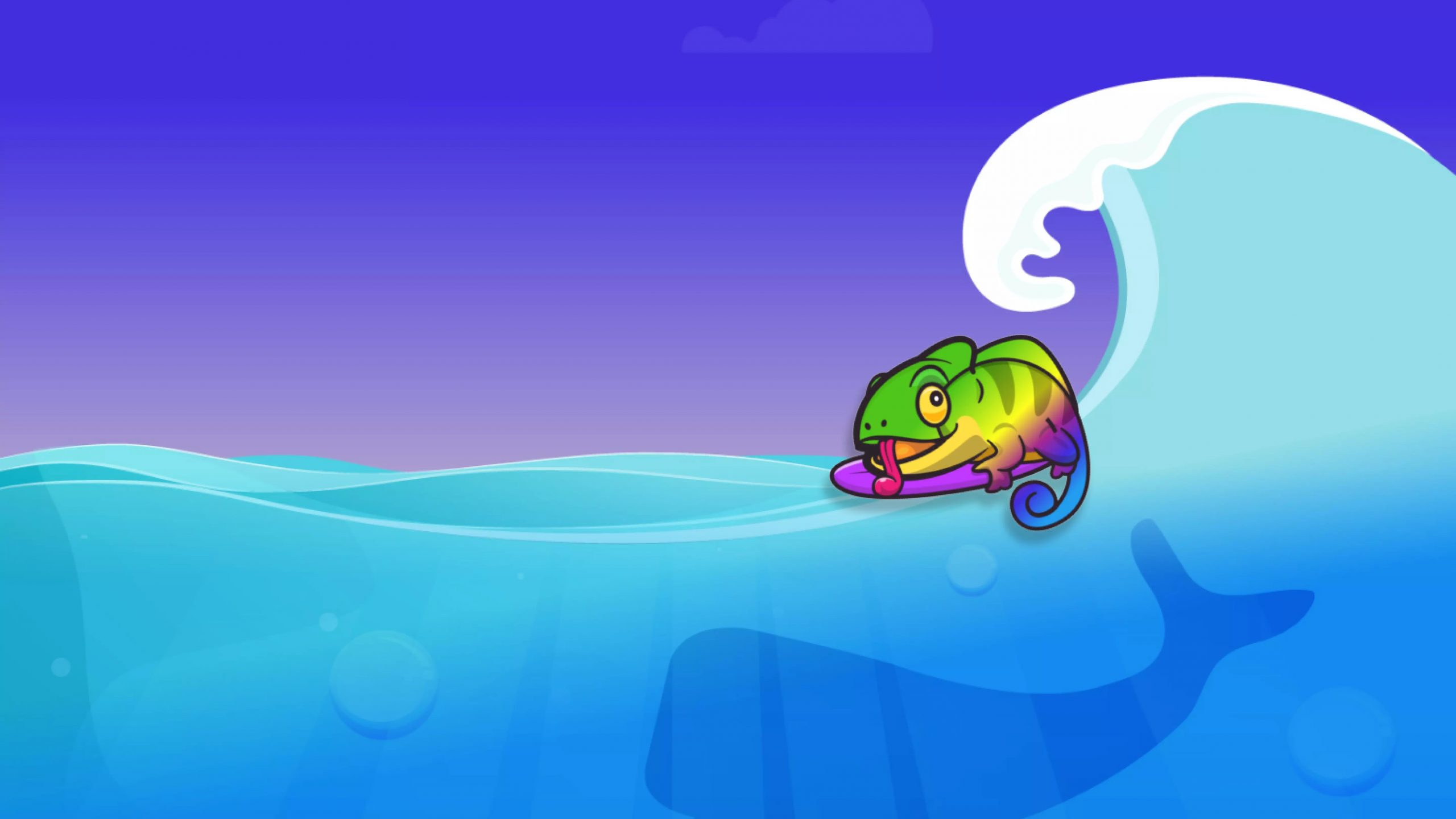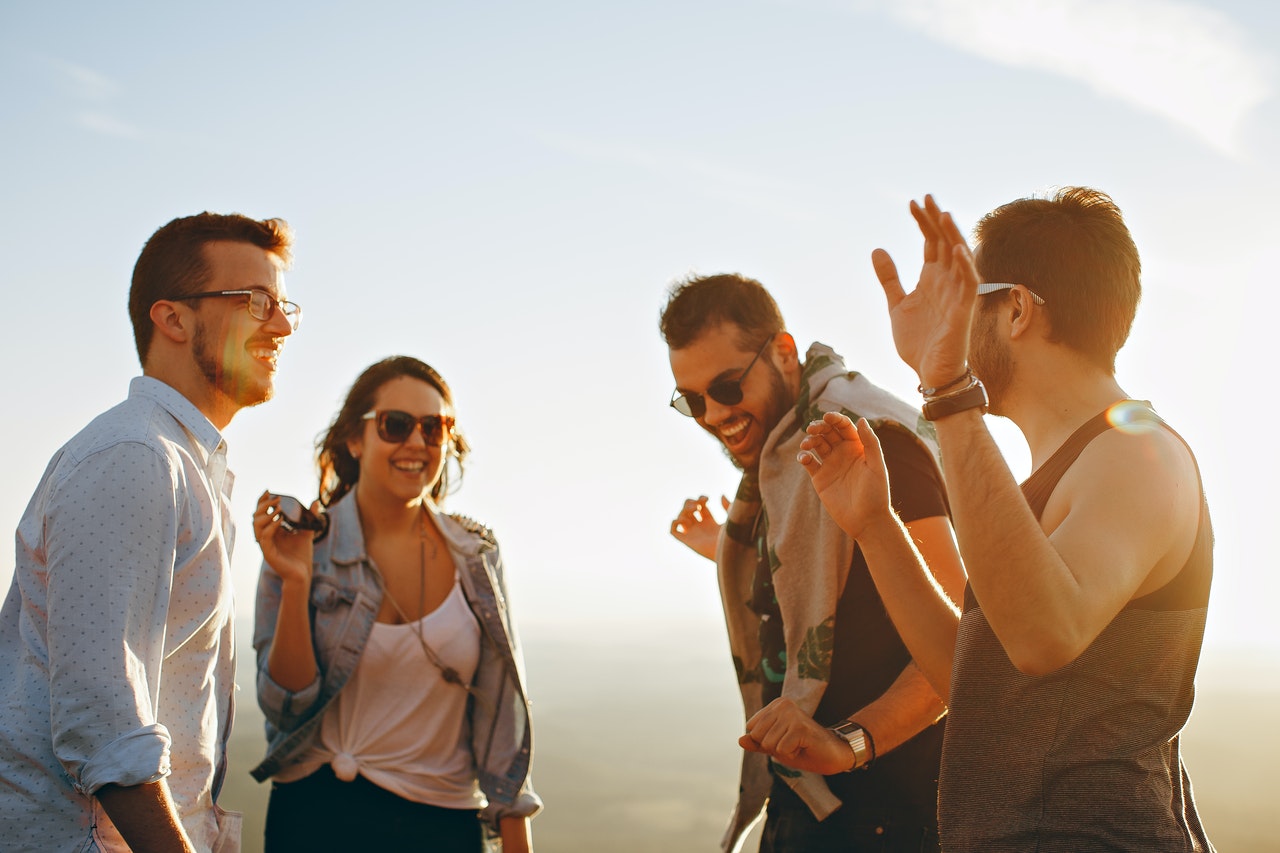I moved out to Siem Reap, Cambodia to join the Teacher Horizons team in September 2016. I have fallen deeply in love with the city, its bustling centre with busy markets and street vendors, the incredible ruins of Angkor Wat, the breath-taking countryside, so vast, flat and green, and of course the locals; never have I met more humble, kind and genuine people. However, my time here has not been without its pitfalls. Along with a beautiful expat life that others can only dream of, comes a hoard of potential health issues… bites, stings, rashes, tummy bugs, odd pains and itches that you never knew could exist and don’t know where they come from. It’s tough to stay totally healthy here, but along my way (and in most cases the hard way!) I have learned some secrets which are too good to keep to myself.
1) Coconuts
 These are the food of Gods. Everything about a coconut is good for you. Mainly here they sell young, fresh, green coconuts and when you buy them (for less than a dollar) the vendor, who is often a tiny Cambodian lady or small child, will get a humongous cleaver and hack the top over and over, until there is the thinnest membrane left for you to poke a straw into. Each coconut is filled with around 700ml of clear, fresh, sweet juice which is fully sterile and composed of sugars, vitamins, minerals, electrolytes, enzymes, amino acids, cytokine, and phytohormones. They take one or two to get used to if you’re not a Whole Foods hippie who drinks cartons of the stuff back home, and they taste nothing like the mature coconut flesh that flavours your Bounty chocolate bar but they are magical. For any headaches, colds, dehydration or vitamin deficiencies, it’s your go-to drink. They are even thought to have anti-ageing properties, which might explain why my 24-year-old Khmer friends look 14!
These are the food of Gods. Everything about a coconut is good for you. Mainly here they sell young, fresh, green coconuts and when you buy them (for less than a dollar) the vendor, who is often a tiny Cambodian lady or small child, will get a humongous cleaver and hack the top over and over, until there is the thinnest membrane left for you to poke a straw into. Each coconut is filled with around 700ml of clear, fresh, sweet juice which is fully sterile and composed of sugars, vitamins, minerals, electrolytes, enzymes, amino acids, cytokine, and phytohormones. They take one or two to get used to if you’re not a Whole Foods hippie who drinks cartons of the stuff back home, and they taste nothing like the mature coconut flesh that flavours your Bounty chocolate bar but they are magical. For any headaches, colds, dehydration or vitamin deficiencies, it’s your go-to drink. They are even thought to have anti-ageing properties, which might explain why my 24-year-old Khmer friends look 14!
2) Vitamin B
All vitamins are important while abroad, don’t forget your fruits and vegetables! Here, I enjoy a fruit juice or smoothie most days because the locals sell them fresh from their street carts. However, Vitamin B has a special importance that I never knew of before coming abroad – mosquito repellent! Trust me, I learned the hard (and very itchy) way, that you should do everything you can to reduce your mosquito bite count. Upping your Vitamin B can be done by a) taking supplements, b) eating marmite by the truckload, or c) coconuts of course! In addition to this, I would recommend checking your mosquito repellent contains a high enough dose of DEET. Buy it before you come, shops here only sell up to 20% DEET which is just a small challenge to the mozzies. You want hardcore stuff which makes you choke a bit when you apply it…That’ll keep them away. Alternatively, hang around closely with someone who always gets bitten. They’ll leave you right alone if they have someone tastier to bite!
3) Hotel pool memberships
Here in Siem Reap there are no big leisure centres like back at home. The locals have such an active lifestyle that they don’t need a Fitness First on every corner! Fear not though, the key is this: Get a city bike for all your local journeys, it’s a great way to explore a city, get to know short cuts and get constant exercise. Once you have your bike, use it to tour all the huge, posh hotels. Most of them will give you an expat pool and gym membership for a really decent price and the hotels are always empty in the mornings when tourists are sleeping or sightseeing. Also, hunt out some local exercise classes; my favourite here in Siem Reap is aerobics on the riverside, where me and a bunch of middle-aged Khmer ladies do the grapevine and spin in circles to the latest Cambodian classics. It’s a great way to meet locals, get fit and feel good.
4) De-worming tablets
Sorry to lower the tone… It’s important though! You and your family should be taking these at least every 6 months in places where soil-transmitted worms are common. If you notice you are losing weight, feeling fatigued, have a constantly dodgy tummy or odd mix of hunger and nausea, it’s time to take your tablets. There is an interesting article by UNICEF that suggests de-worming children increases primary school attendance and significantly improves a child’s ability to learn in school.
5) Check your ice and water
Ice is one of the most common causes of illness in travellers. Sometimes it is made using the local water which in some countries can be unsanitary. One way I have learned to check is to scrutinise the ice (though try not to look too odd doing it). If it is misshapen and angular, it might have been hacked off a humongous block of local water, in which case avoid! If is uniform and contains holes you can tell it is machine produced, as they use short rods to grow the ice cubes on, leaving a hole in the middle. Drink crushed ice in mojitos and frappes at your own risk! As for the water, stick to the bottled stuff, but do check the packaging as most have been filtered so much that they are devoid of minerals. Eau Kulen here is the only bottled mineral water in Cambodia and is only a fraction more expensive than the others.
6) Minimise air conditioning usage
If you have a cold and don’t know why, or you constantly wake up sounding like Liam Neeson you need to calm it on the air con front! Use the fan instead, especially as an expat you should be getting used to the heat. You’ll notice the difference to your health and your utility bill.
7) Providone-iodine
This stuff is magical. Again, I learned this the hard way, through a minor incident before I learned the unwritten rules of Cambodian roads (careful on that city bike!). Anyway, cuts and grazes abroad become infected quicker and easier than at home due to heat, dust and often less sanitary conditions. Buy a brand of Providone-iodine – an iodine based antiseptic, sold under a number of brand names including Betadine. Clean wounds twice a day with that stuff and it will kill any germs that dare to invade. Keep wounds covered when out and about too, and let them breathe at night.
I hope these few little tricks will enable you to make the most of your time abroad pain free! For even more advice on staying healthy abroad, see our blog post How to Stay Healthy When You Move Abroad. If you have your own suggestions to share, contact me at editor@teacherhorizons.com to send your blog idea.
Want to join me in Asia? Have a look at our Cambodia page and vacancies in Asia to get started.





